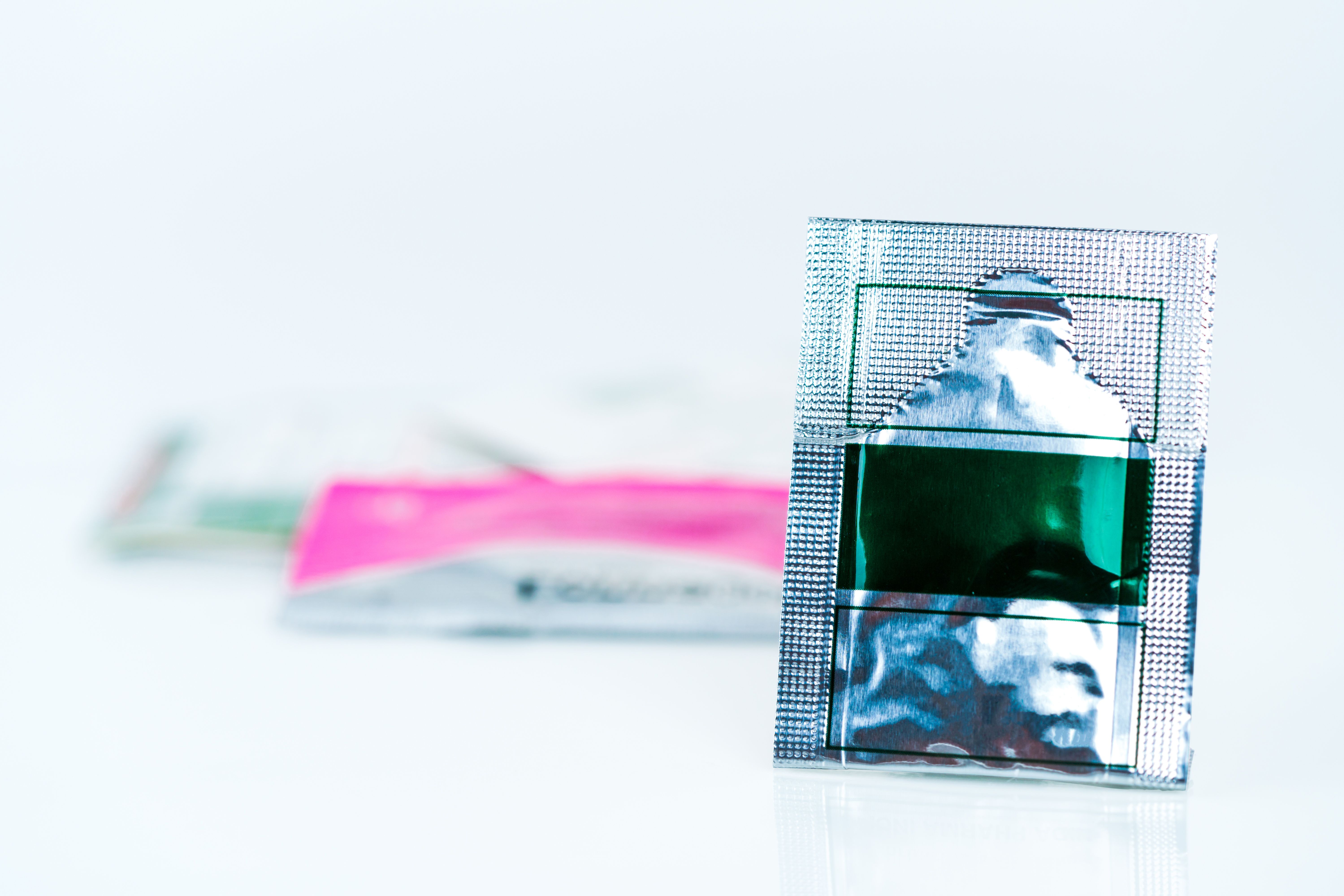- Center on Health Equity and Access
- Clinical
- Health Care Cost
- Health Care Delivery
- Insurance
- Policy
- Technology
- Value-Based Care
OCS Treatment Significantly Reduces TSLP Levels in Patients With Asthma, Study Finds
Patients with acute asthma exacerbations who do not suppress eosinophils after a course of oral corticosteroids (OCS) may have slower clinical recovery, according to one study.
In some patients with acute asthma exacerbations who do not suppress eosinophils after a course of oral corticosteroids (OCS), there is a paradoxical decrease in plasma microRNA-1 (miR-1) level and an increase in thymic stromal lymphopoietin (TSLP) levels, compared with steroid responders. This response may result in slower clinical recovery, according to researchers.

While OCS are effective in reducing hospitalization and relapses in patients, relative corticosteroid resistance is also recognized in some patients with asthma.
This study, published in the Journal of Allergy and Clinical Immunology: Global, aimed to investigate the role of the TSLP/miR-1 axis in inflammatory response to OCS for patients with acute asthma exacerbations.
“Low serum miR-1 levels are correlated with eosinophil-associated exacerbations,” wrote the researchers of the study. “However, whether the balance between TSLP and miR-1 determines systemic corticosteroid responsiveness among patients with acute asthma exacerbations is unknown.”
The researched measured the concentrations of TSLP and miR-1 expressions in a total of 28 consecutive patients with acute asthma exacerbations treated with OCS for 1 week prospectively. Steroid responders (SRs) had a significant reduction in blood eosinophil counts, while paradoxical responders (PRs) showed no decreased or increased absolute eosinophil counts after OCS treatment.
Additionally, the researchers compared differential white blood cell counts, blood cytokine levels, and miR-1 expressions within and between groups before and after treatment. They also compared baseline cytokine concentrations in both groups vs those in patients with stable asthma.
A total of 19 patients with a median age of 61 years had the anti-inflammatory response to OCS, showing a significant reduction in absolute blood eosinophil counts. However, 9 female patients with a median age of 65 years had a paradoxical response to OCS, showing no significant decrease or increase in absolute blood eosinophil counts.
Patients in the SR group experienced significantly reduced TSLP levels (P = .006) after OCS treatment, whereas patients in the PR group did not (P = .742), respectively. Additionally, miR-1 expression was reduced in PRs, but remained unchanged in SRs, even though PRs had a higher expression at baseline than did patents with stable asthma.
Furthermore, patients in the PR group had less improvements in symptoms, according to their Asthma Control Test scores after treatment (P = .021), and a significantly longer emergency department (ED) stay (P = .002). These patients were also more likely to have allergen-induced asthma exacerbations than those in the SR group (P = .034).
However, the researchers acknowledged some limitations to the study, such as having limited information on asthma phenotypes and endotypes, as well as a short study duration. Additionally, the researchers acknowledged that longer-term studies are now needed to investigate how a paradoxical response to OCS treatment may affect other clinical outcomes.
Despite these limitations, the researchers believe that treatment resistance and slower treatment response may mediated by the TSLP/miR-1 axis.
“OCSs may decrease the expression of miR-1, which reduced its suppression on TSLP in favor of persistent eosinophilic inflammation, with longer ED stay and less Asthma Control Test score improvement,” wrote the researchers.
Reference
Maneechotesuwan K, Prapruetkit N, Chankham J, Assawabhumi J, Kasetsinsombat K, Barnes PJ. Paradoxical eosinophilic and cytokine responses to oral corticosteroid treatment in patients with asthma exacerbations. J Allergy Clin Immunol Glob. 2024;3(2):100238. doi:10.1016/j.jacig.2024.100238
Insurance Coverage Limits JAKi Therapy Access for Patients With AA, Especially Non-White Populations
April 25th 2024A survey study showed major barriers to Janus kinase inhibitor (JAKi) therapy for patients with alopecia areata, especially for non-White patients who face higher rates of being uninsured and struggle more to afford the treatment.
Read More
